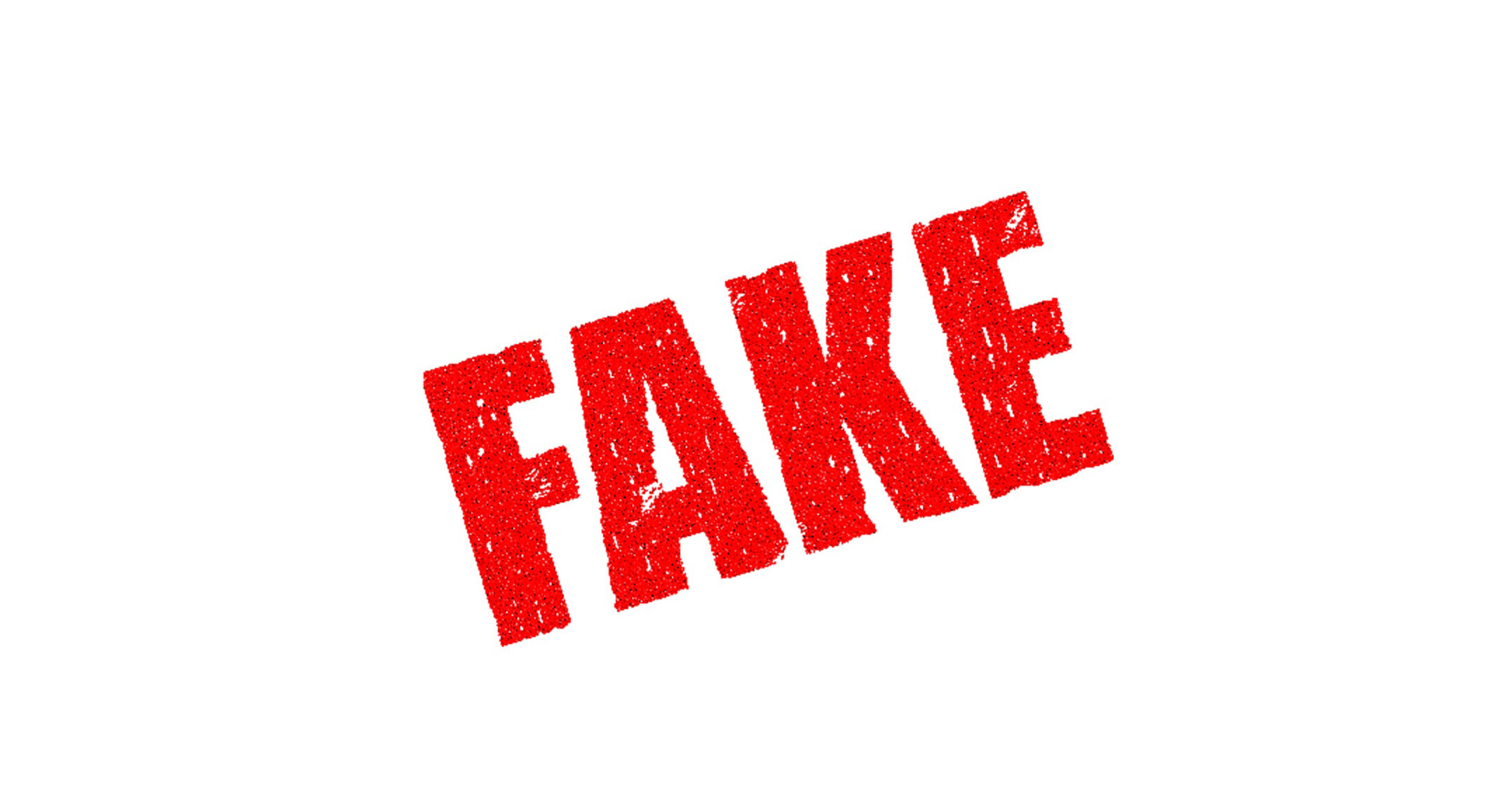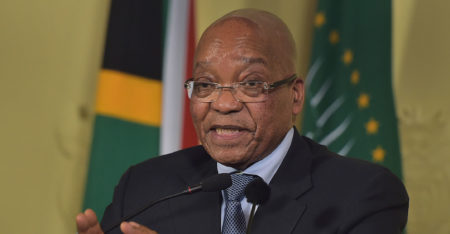
A raft of e-mails leaked to South African media about how the Gupta family have won billions of rand of contracts from state-owned companies and influenced government decisions through their closeness to President Jacob Zuma isn’t authentic, family member Atul Gupta said.
“There’s no authenticity of Gupta Leaks at all,” Gupta told the BBC in an interview. There is every-day “perception-mongering to drive their own agenda”, he said.
Companies controlled by the Gupta family, who are friends with Zuma and in business with his son, were dropped by their South African bankers, brokers and auditors, and the nation’s graft ombudsman implied that the president allowed the family to influence cabinet appointments and the issuing of state contracts. Zuma and the Guptas deny the allegations.
News organisations, including the amaBhungane Centre for Investigative Journalism, have reported that they have as many as 200 000 e-mails they say expose dealings by the family showing influence over the government and state companies.
Public relations firm Bell Pottinger ended its relationship with the Guptas’ Oakbay Resources and Energy and in July said it had hired the law firm Smith Herbert Freehills to probe its work for Oakbay. It fired a partner and suspended three other employees after a preliminary investigation into its work for the Gupta family exposed “inappropriate and offensive” activities, it said.
‘White monopoly capital’
The Democratic Alliance accused Bell Pottinger of pushing “white monopoly capital”, a term used by politicians including Zuma and members of the Black First Land First movement, as the main cause of inequality in the country. At its July conference, the ruling ANC rejected demonising the concept as the primary driver of the country’s problems — a setback for the faction that supports Zuma’s favoured candidate, his ex-wife Nkosazana Dlamini-Zuma, to succeed him as the party’s leader in December.
“White monopoly capital, if you go research any revolutionary speech in this country, always exist, meaning I don’t know where this term comes from, believe me,” Gupta told the BBC. “I don’t think it belongs to any of our professional advisers. I will be shocked. They are very credible people, I believe they should not do anything like that. Neither us nor them.” — Reported by Ana Monteiro, (c) 2017 Bloomberg LP




